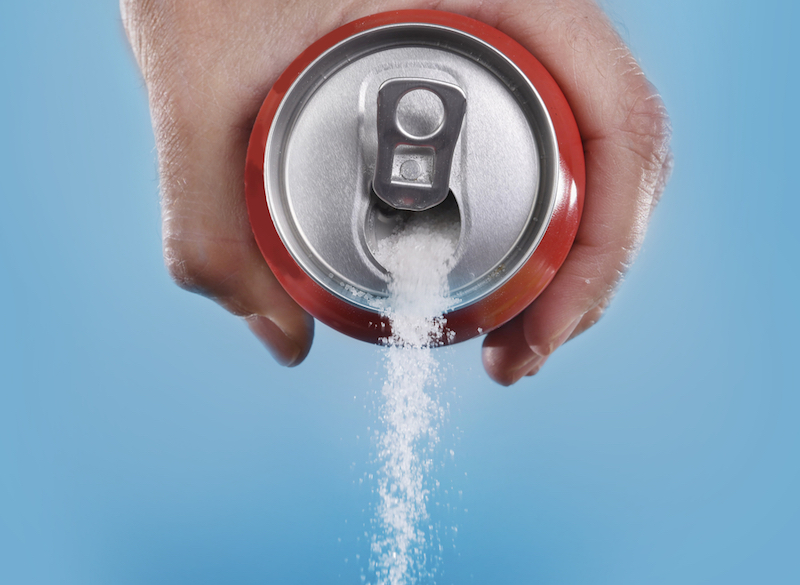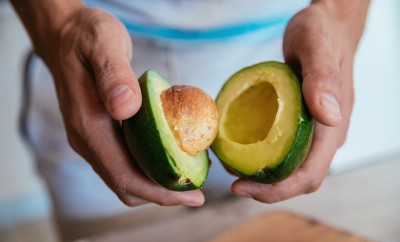Cultures
Here’s why a sugar tax could work

Image: Marcos Mesa Sam Wordley/Shutterstock
The World Health Organization has recently encouraged all countries to implement a tax on sugary drinks in order to reduce the worsening obesity epidemic currently taking place. With instances of obesity increasing by more than double since 1980, WHO believes a 20% tax would be sufficient to significantly reduce consumption and improve the health of many world citizens.
How it would work
In hopes to reverse the unhealthy trends of obesity, tooth decay and Type 2 diabetes, WHO recommends anywhere between a 20-50% tax hike on sweet carbonated beverages, as well as sweetened iced teas, sports drinks, “vitamin water,” lemonade and fruit punches. WHO believes the drink tax will work under the same premise as the tobacco taxes have previously. If an unhealthy product gets up to a certain price, consumers won’t buy it, and their health, along with costs of healthcare, will improve.
The history
This isn’t the first sugar tax to have been considered by cities in the United States, however. Berkeley, California led the way with the very first soda tax in 2014 followed by Philadelphia, and this November’s election will allow Albany, San Francisco and Oakland California to vote on whether their cities will implement the tax in the coming year. A penny-per-ounce soda tax has been proposed in those cities, as well as the makings of a possible statewide soda tax. Countries including Mexico, Hungary, the Philippines, South Africa, UK of Great Britain and Northern Ireland have either already implemented a similar health-related or sugar tax, or have announced plans to do so in the near future.
What’s wrong with sugary drinks?
According to Dr. Francesco Branca, the WHO’s Department of Nutrition Director of Health and Development, “Nutritionally, people don’t need any sugar in their diet.” This is partly why the report, which was released in October, suggests people limit their sugar consumption to 10% or even 5% total calories daily, which comes to around six teaspoons of sugar. This can, to the surprise of some, easily be fulfilled by drinking one single sugary beverage, as, for example, one 12-ounce can of pop “contains the equivalent of nearly ten teaspoons of sugar.” In addition, honey, syrups, and fruit juice concentrates are often used substantially in processed foods, and are also potentially problematic.
Who are the most vulnerable to sugar-related health risks?
When the recent study’s authors reviewed previous studies completed in Ecuador, Denmark, Finland, Thailand, Egypt and Mauritius, they discovered sugary drink taxes had the most impact on “lower-income, less-educated younger populations and populations at greatest risk of obesity.”
Some groups are critical
Although the results sound favorable, some are hesitant to embrace the sugar tax idea. The International Council of Beverage Association, as could be expected, is not in favor. A recent statement from the group insisted that, “The committee members have lost sight of the real-world implications of these types of recommendations. In Mexico, for example, 10,000 jobs were lost and those who could least afford it carried the burden of the tax, all for a minimal decrease of fewer than six calories per day out of a diet of 3,000 calories.” The group stated further that, “said soda taxes are discriminatory,” resulting in an “unfair burden on poor people,” and “too simplistic to address the very real and complex challenge of obesity.”
A low-sugar lifestyle looms
Nevertheless, some regions will likely soon be seeing the sugar tax hit store shelves, with some communities looking forward to healthier waistlines ahead. In the words of Micheal Bloomberg, previous mayor of New York, “(Places like Berkeley) are showing that taxes on sugary drinks are effective at driving down consumption. The World Health Organization report can help these effective policies spread to more places around the world, and that will help save many lives.”





0 comments